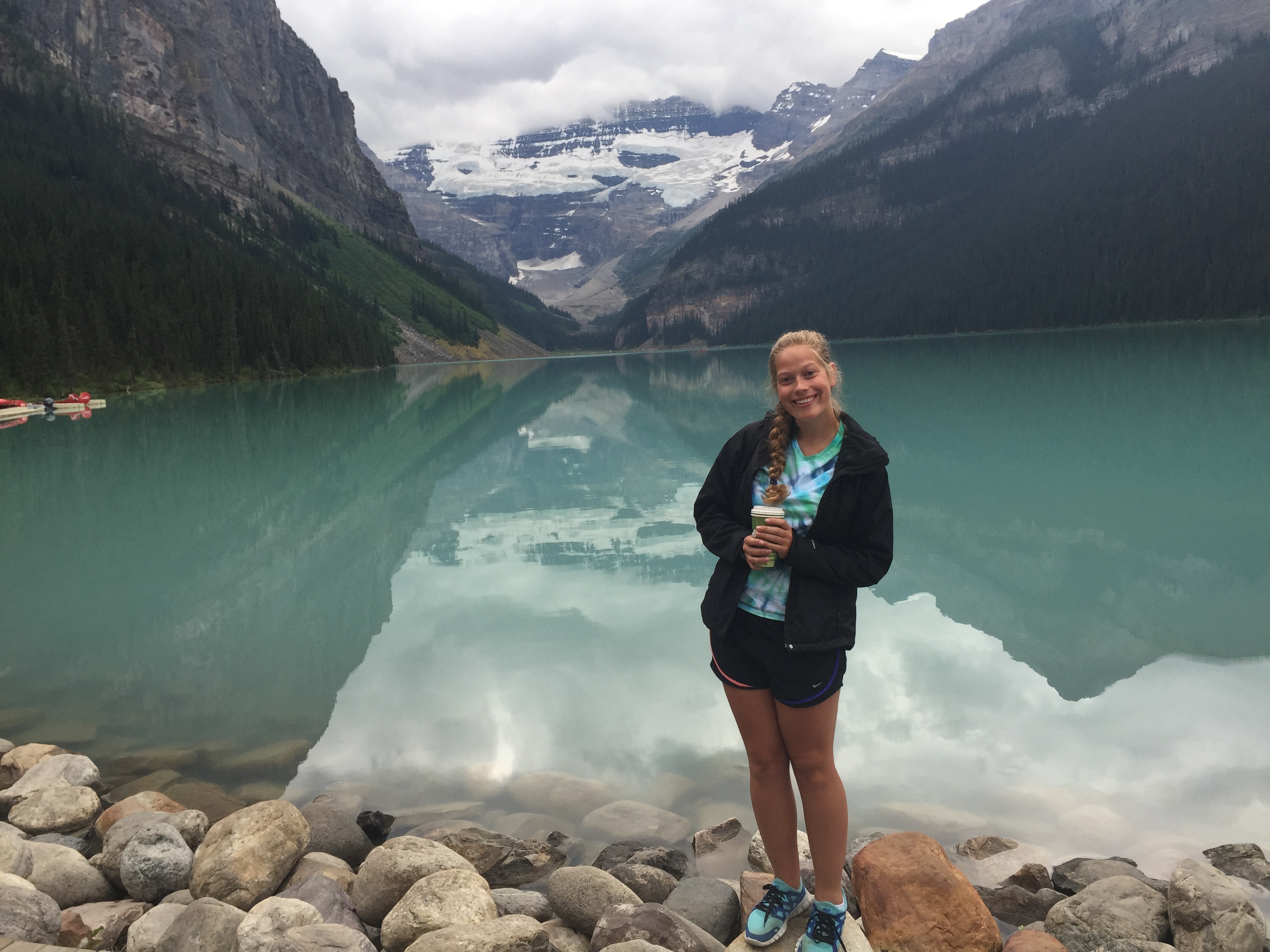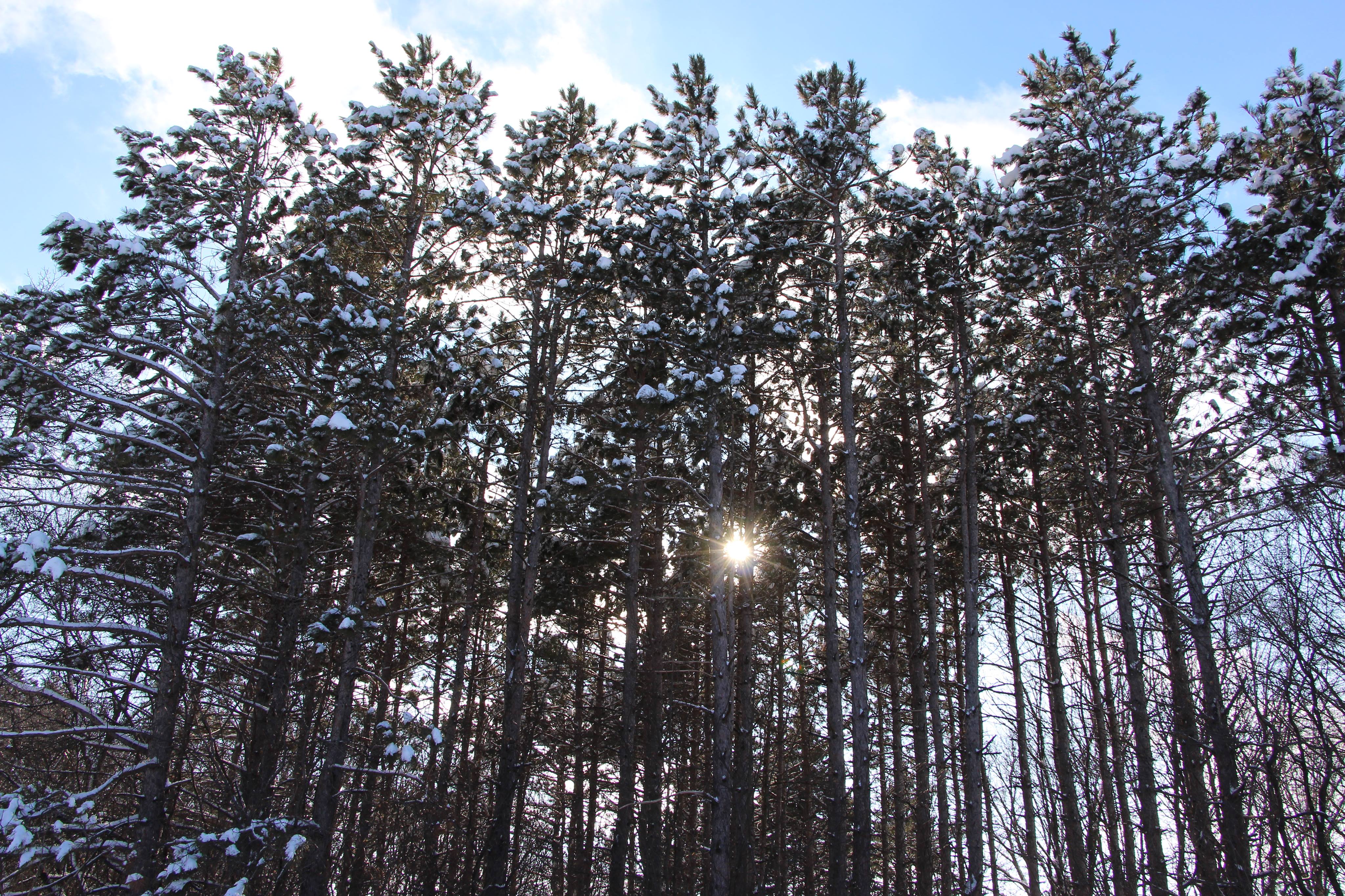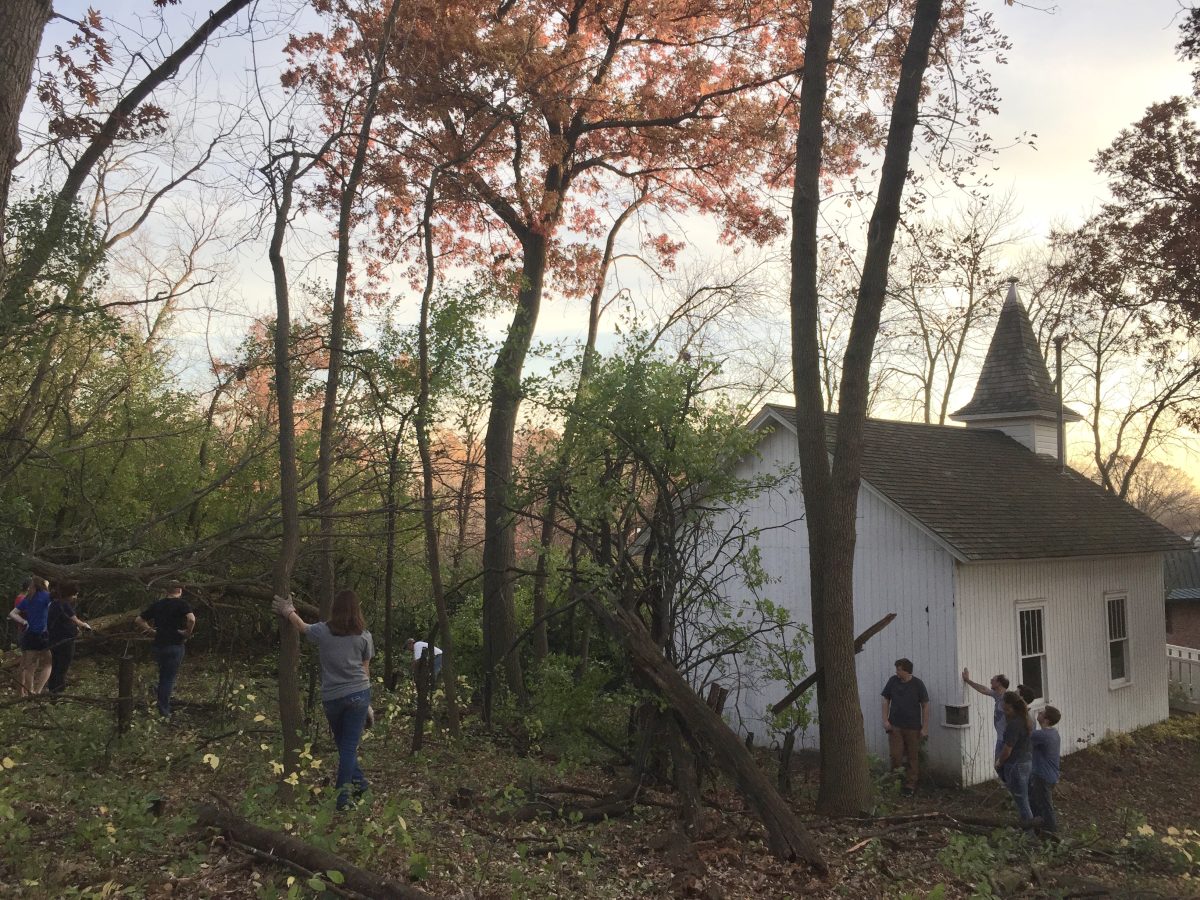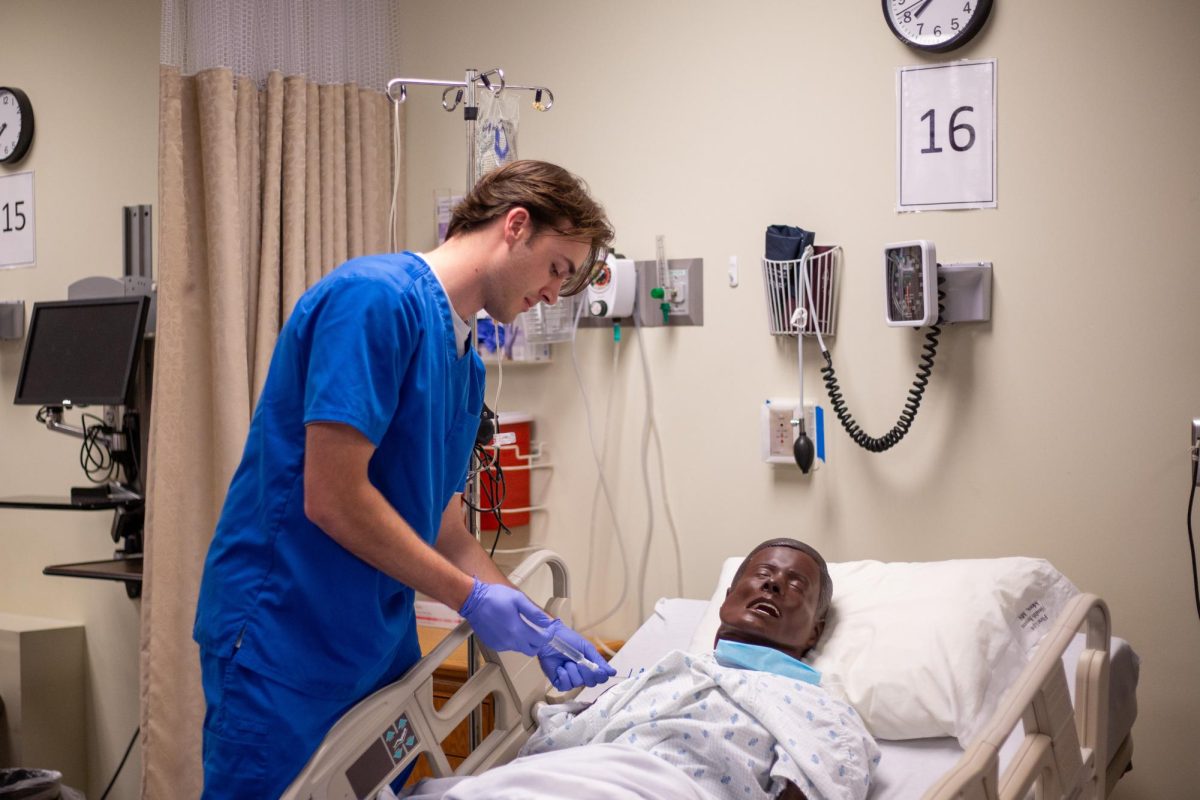Bethel students and professors talk about creation care.
By Callie Schmidt
Kelly Rhodes brings straws from home when she goes out to eat. And she does it for God.
Rhodes, junior environmental science major, got her start in creation care at weather camp in seventh grade. She was the only person to trap a squirrel in a can.

Rhodes took a week off softball for it, and her parents questioned whether she really wanted to go.
“Everybody remembers their first time seeing a mountain,” Rhodes said. “Why wouldn’t you care about that? If you live on the planet, you should really care for it.”
But what does it mean to “care” for the planet?
Ken Petersen, biology professor and Director of Environmental Studies, said that caring means looking at our everyday lives and trying to do as many things in creation-sensitive ways.
Petersen gave the example of food. Petersen isn’t a vegetarian, but he is careful about how much he consumes in animal products.
“A diet that is heavy in animal products is going to put a bigger footprint on creation than one that is not,” Petersen said, “Because it takes more plants, pesticides, herbicides and water to raise animals and then eat the animals than to raise plants and eat the plants.”
Another example is cars.
“Most of us transport ourselves from one place to the other,” Petersen said. “How do we do that? While we live in a culture where we can’t escape the use of cars, are there ways we can do that less?”
Biology professor Teresa DeGolier says it is important and even biblical to care for creation. Growing up, DeGolier did “stupid things like frying ants with a magnifying glass.”
But when her family got a dog for the first time, DeGolier said the dog became a sibling, a part of the family.
When DeGolier first started using mice to do scientific research, she experienced a defining moment when she was getting ready to put down an animal.
“I looked at the mouse and thought, oh dear, you are a living thing, and you look so much like my dog,” DeGolier said.
DeGolier realized that even though mice are research tools that have helped improve quality of life for many people, they are also living creatures with value.
“I look at that and say, thank you God for this mouse, because it’s going to teach us something,” DeGolier said. “But if we don’t need them, we’re not going to order them. Doing animal research is not flippant – it’s very serious.”
One time while driving, DeGolier saw people take out a shotgun and shoot songbirds out of the air.
“What compelled them to take a bird just taking seeds off a tree and just blow it off?” DeGolier said. “What kind of thinking is that? No respect for life.”
For DeGolier, respecting life is the most important thing people can do.
“I have to be gracious, I’ve made my mistakes,” DeGolier said. “Be forgiving and gracious. Sometimes these things take time. But if you’re frying ants, please stop.”

USING NATURAL RESOURCES
Emma Hanlin, Creation Restoration co-leader and a senior studying teaching English as a second language (TESL), grew up in rural Wyoming an hour and half away from Yellowstone National Park. She spent time in mountain ranges, and felt closest to God in nature.
“Spirituality and nature I’ve always seen tied in my mind,” Hanlin said. “It makes sense because you’re surrounded to something that God created, and it’s easier to get the solitude you need and the reflection time.”
Hanlin said the values and virtues found in the Bible should extend to every area of life.
“If we cultivate gentleness in every area of our life, that will extend to how we treat the natural world,” Hanlin said. “If we try to get rid of greed, that will extend to how we treat natural resources.”
Hanlin said Christians should also show humility with regards to caring for the environment.
“If we cultivate humanity, then we’ll realize we’re not the only creations on the earth, that we have our place in natural systems and we’re not always on top,” Hanlin said. “When everything around you is beautiful but can also kill you, it gets rid of the idea that humans are so much better than the rest of creation.”
Petersen said that building infrastructures such as oil pipelines are big investments in an old way of doing things, that “maintain our addiction to our marriage of fossil fuels.”
“I would much much rather see (us) make a big investment in a new way of doing things,” Petersen said. “Solar, wind, hydrogen, to do the same thing – power the economy.”
Rhodes said that the dependency humans have on oil, gas and non-renewable energy are “one of those necessary evils we’ve created for ourselves.” She added, “But I’m not a big fan of it.”
DeGolier said that people should choose what they use wisely, but that doesn’t necessarily have to come at the cost of the comforts Americans typically enjoy.
“I can’t take right-wing or left-wing arguments,” DeGolier said. “I try to see both.”
DeGolier said that humans are going to do things that value themselves, which involves making tough decisions.
“Conversations aren’t results, but you’re not going to have results unless you have conversations,” DeGolier added.

![Nelson Hall Resident Director Kendall Engelke Davis looks over to see what Resident Assistant Chloe Smith paints. For her weekly 8 p.m. staff development meeting in Nelson Shack April 16, Engelke Davis held a watercolor event to relieve stress. “It’s a unique opportunity to get to really invest and be in [RAs’] lives,” Engelke Davis said, “which I consider such a privilege.”](http://thebuclarion.com/wp-content/uploads/2024/05/041624_KendallEngelkeDavis_Holland_05-1200x800.jpg)



















